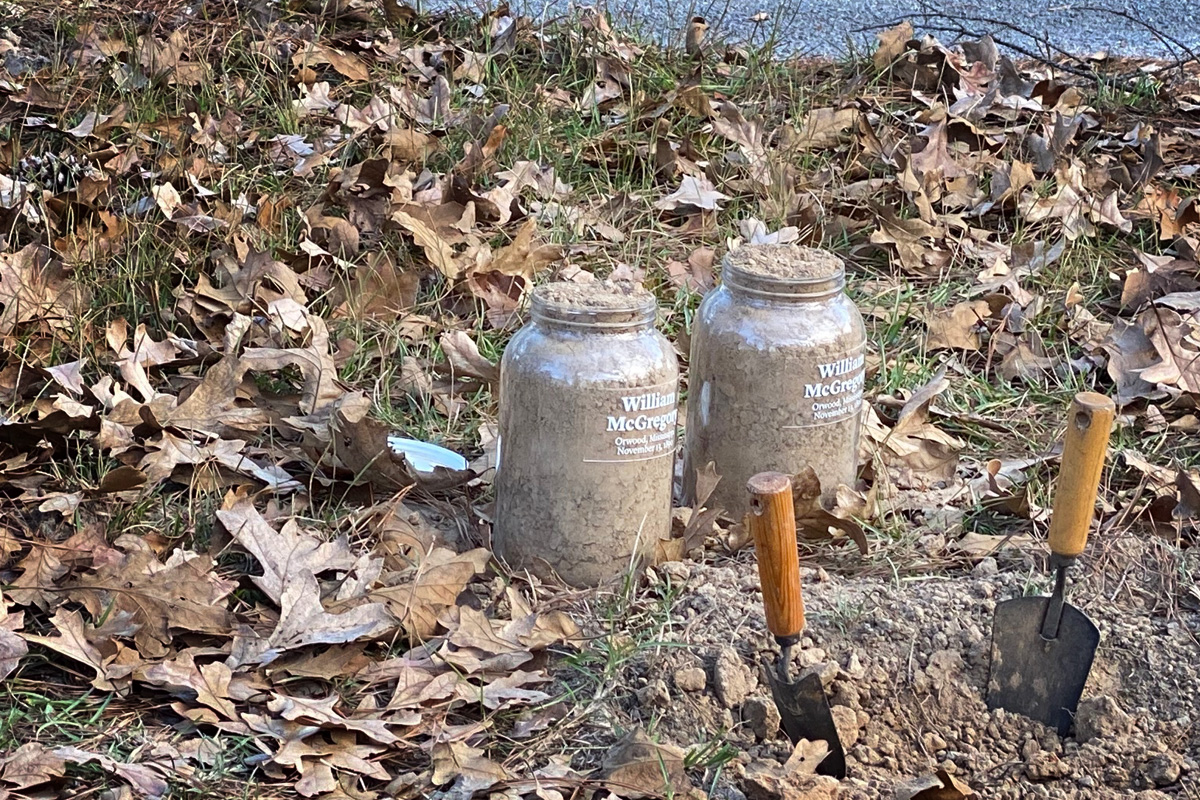Teaching a child the importance of telling the truth is a value many of us share. When a child has done something that causes shame, a caring adult can only help if they understand what was actually done.
The value of truth telling extends to adulthood.
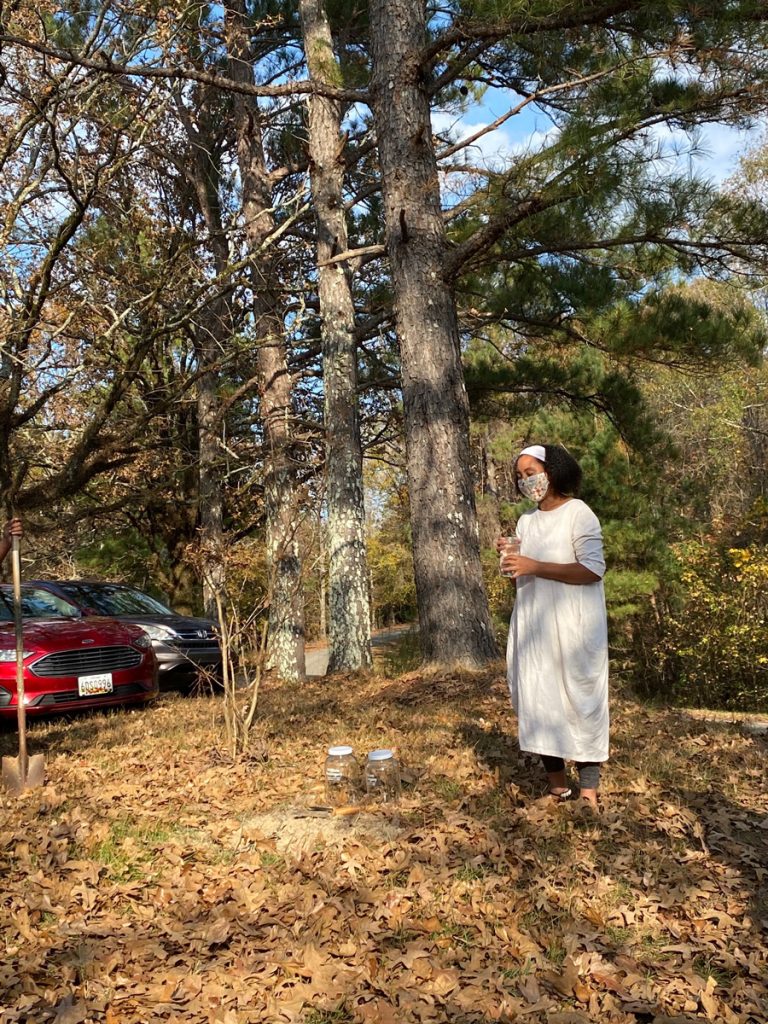
For example—if one is in a doctor’s office, it is important to convey the truth of what one is feeling. It is not helpful to say “Doc, I’m feeling fine,” when in reality you’re having trouble breathing and can’t taste anything. The physician can only be helpful if they know the truth of how a person is feeling.
Likewise, in a democratic society—whether a city, county, state or country—it is important to honestly grapple with the truth of the past to engage the present in life-giving ways. Telling a fuller, more complete history is a partial, but necessary step toward healing and the possibility of reconciliation. Collectively, we need to know a fuller history of our past. We need to understand how things were done and why they happened.
In this state and in our county, we need to acknowledge the truth of lynching: the fact that many times, a mob of white men abducted and brutally killed a Black man in Lafayette County. We need to acknowledge that mob violence is never acceptable. We need to understand lasting impacts of lynching on our community and families within our community.
It is only in telling the truth and hearing the truth that we can address the injustice of these acts.
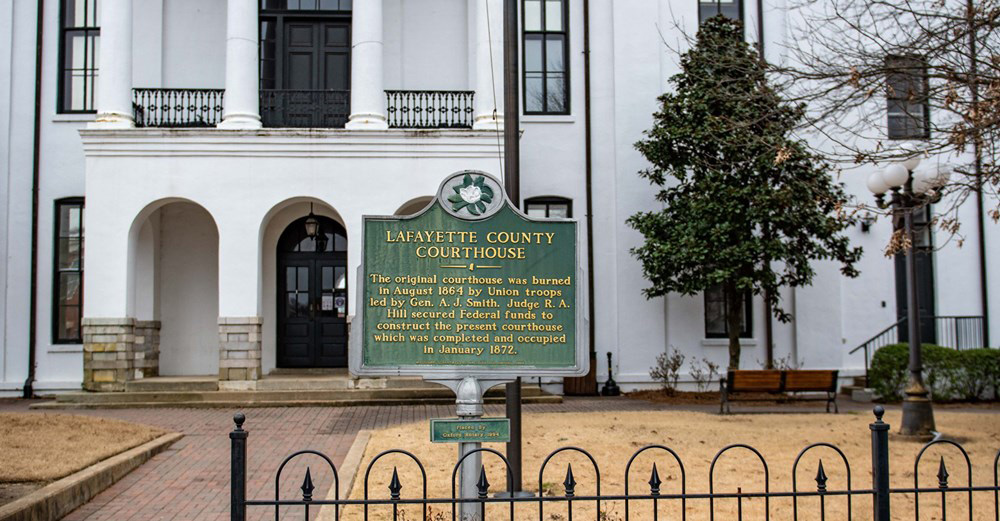
It took intention, serious effort and time, but in Germany there has been an honest reckoning with the Holocaust, including painful acknowledgement of what was done to the Jews, the Roma (gypsies), the LGBTQIA+ community, people with disabilities and other groups. In her book “Learning from the Germans,” Susan Niemann writes: “What re-admitted Germany to the family of civilized nations only decades after the Holocaust and allowed it become a leading power in Europe was the recognition of its crimes. Having the will to face your shameful history can become a show of strength.”
One of the ways we tell history in this country is through our public markers and memorials. On Jan. 19, 2021, the Lafayette County Board of Supervisors met and unanimously approved the placement of a marker on the grounds of the courthouse that will list the names of the seven Black men who were lynched by mobs of white men in Lafayette County between 1877 and 1950. Naming and acknowledging this shameful past must be done. These seven men were among the more than 650 African Americans lynched in Mississippi and nearly 4,000 African Americans lynched during the age of domestic racial terrorism in the United States.
They were Harris Tunstal (1885), Will McGregory (1890), Will Jackson (1891), William Steen (1893), William Chandler (1895), Lawson Patton (1908) and Elwood Higginbottom (1935).
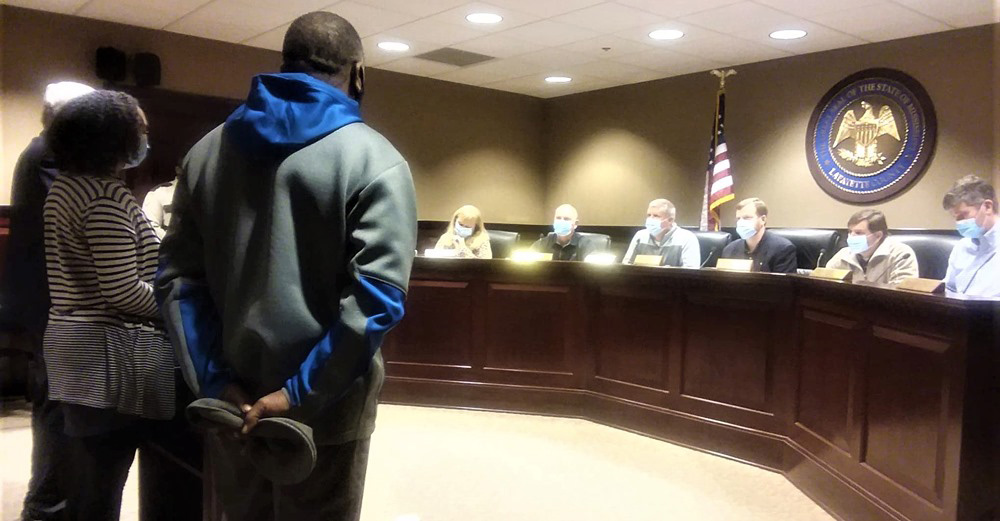
As the Equal Justice Initiative’s report Lynching in America, Confronting the Legacy of Racial Terror says, “Only when we concretize the experience through discourse, memorials, monuments and other acts of reconciliation can we overcome the shadows cast by the grievous events.”
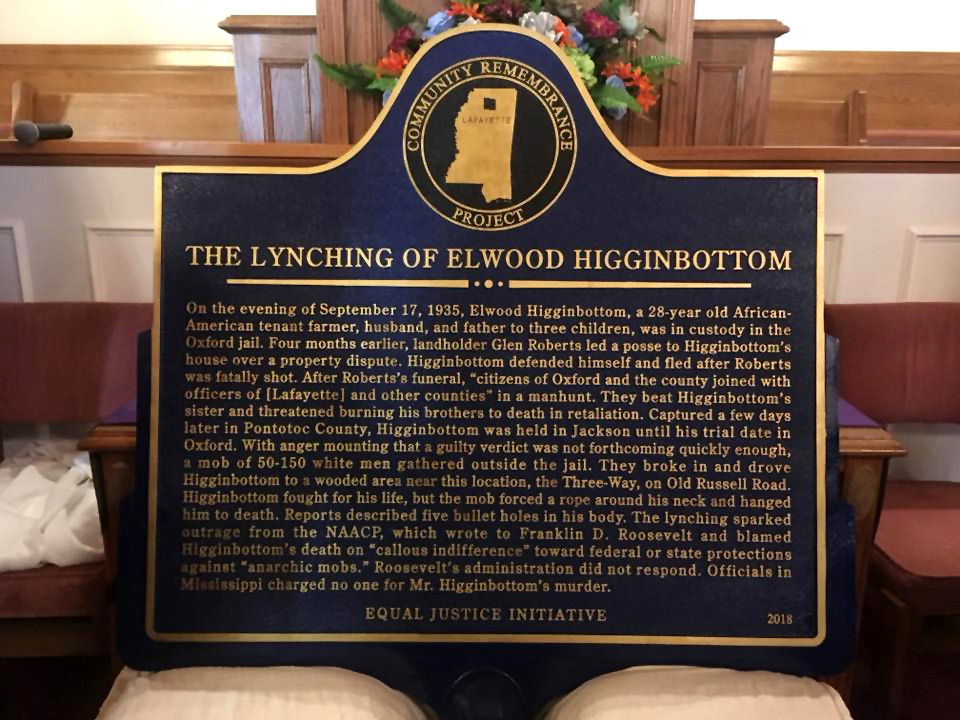
We are grateful to the Lafayette County Board of Supervisors for working with us and taking this action, and we appreciate that through several conversations, important differences of perception and perspective surfaced. What helped move us forward together was honest engagement and dialogue, where people were able to share their own stories and know they were being heard.
We are humbled that later this year, there will be a marker in our most public place in Lafayette County that will speak truth in the name of justice. This is not the end of our work but a milestone on this path, and we welcome others to join us on this rewarding journey.
We believe the acknowledgement of this history is important for all of us and can become a point of strength in our community.
This MFP Voices essay does not necessarily represent the views of the Mississippi Free Press, its staff or board members. To submit an essay for the MFP Voices section, send up to 1,200 words and factcheck information to azia@mississippifreepress.com. We welcome a wide variety of viewpoints.
Correction: An above photo by Alyssa Schnugg was first credited to Gail Stratton. We’ve corrected the error and apologize.

